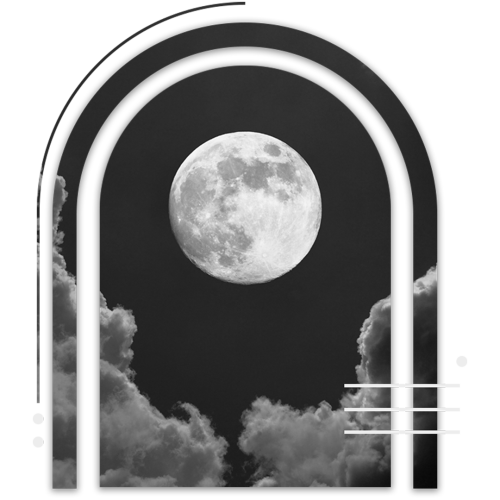If you asked a friend, ‘When does your day start?”, you might hear something like: “7 A.M. sharp,” “When the kids are up,” or “When my husband brings me coffee.” You probably wouldn’t hear: “When I go to bed.”
If you did, you would probably think, “sleeping problems,” or “new baby,” or “no work-life boundaries!” Most of us wouldn’t take it literally.
But in traditional Jewish culture and in Eastern Orthodox Christianity, which takes a lot of its cues from our Jewish-Christian roots, a new day can begin, not only when the sun rises, but when the sun goes down.
One place we see this in Scripture is in the practice of Sabbath, Passover, and the Day of Atonement, which all begin at sundown. The beautiful and ancient book of Genesis, at the very beginning of creation, also hints at this unique alternate rhythm: “And there was evening, and there was morning — the first day. … And there was evening, and there was morning — the second day. …” (1:5, 8). It takes the passing of morning and evening both to mark a day, but just as “his mercies are new every morning” (Lam 3:23), something special happens when the sun goes down, too.
So what do we hear in this alternate rhythm? What’s so special about sundown? And what’s special about the night?
Night is and was created to be a time of rest and peace, but also of vulnerability and trust. Falling asleep is a great act of trust.
Think of the old children’s prayer:
Now I lay me down to sleep, I pray the Lord my soul to keep, If I should die before I wake, I pray the Lord my soul to take.
This prayer has gone out of fashion — we don’t want to scare our kids! But there’s something to it. It’s all about trust. In the nighttime, we have to trust in order to fall asleep. Sleep has sometimes been described as a sneak peek of death itself, when we fall completely into the hands of something — or Someone — bigger than ourselves.
In the nighttime, in sleep and rest, we are like children: we are dependent; we can’t work, change the world, or be productive; we can’t fix things. And in that time, we can only be cared for and protected by one who doesn’t sleep:
He will not let your foot slip— he who watches over you will not slumber; indeed, he who watches over Israel will neither slumber nor sleep. Ps 121:3-4
Sunset is special because it’s the time we begin to prepare for this total rest and vulnerability. That’s why the traditional daily prayers of the Church include prayers at evening (Vespers) and again at bedtime (Compline).
God resides in night and darkness, as well as in light, beyond our limits and behind all mysteries, in total peace and sovereignty. This is also the concept behind Sabbath. In fact, in order to be healthy, we have to take a nightly Sabbath. No matter what we believe about God, we all have to spend eight hours a day, one-third of our entire lives, learning Sabbath, teaching us to trust God, and pointing to our dependence on Him.
That’s why worry, anxiety, and fear keep us awake. If our bodies receive the signal to “be on alert,” all systems "go," to protect, to fight or flee, to work out problems by ourselves. This is why insomnia can be so lonely.
Whether or not you have trouble sleeping — or perhaps you work the “third shift” while others sleep — it can still be helpful to think of God’s day starting when yours ends. Just when the sun goes down, or when you are laying down all you’ve done today, everything you didn’t, everything you couldn’t, God is rolling up His sleeves. And what for? To bless you.
The Story of Adam and Eve

About the author
Amber Noel
Amber Noel lives and works in Atlanta, Georgia, as a magazine editor and moonlights as an author of short fiction, non-fiction, and stage adaptations of novels. Find her podcasting on theology, arts, and Christian leadership here.
